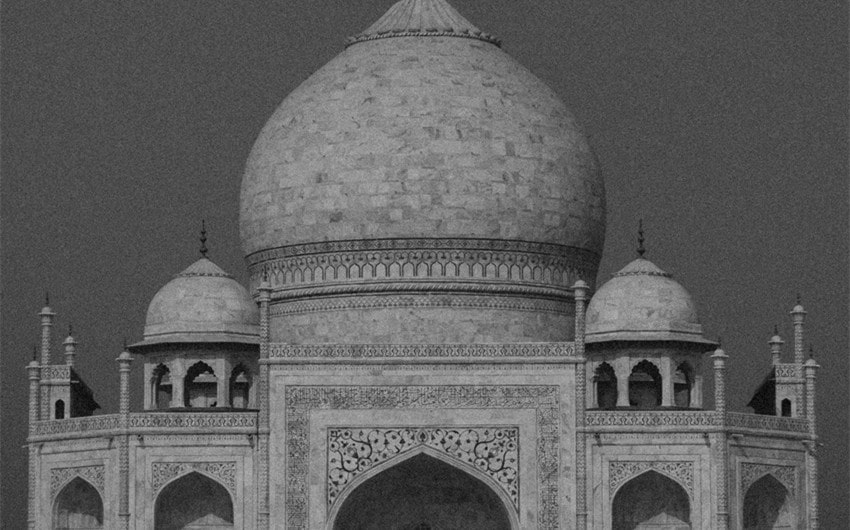Vagatha Name Meaning and Its Possible Sanskrit Connections
Names often carry stories, echoes of culture, and traces of forgotten history. Vagatha is a rare and intriguing name that sparks curiosity with its unusual sound and potential depth. Though not commonly heard, it invites exploration into possible linguistic roots, cultural ties, and symbolic meaning.
If you’ve come across it in conversation, history, or even as a baby name idea, understanding the Vagatha name meaning can offer insight into its unique charm. Whether rooted in ancient language or carrying a more modern flair, Vagatha holds a quiet mystery worth uncovering. Let’s explore where it might come from—and what it could mean.
Linguistic Origins and Possible Etymology
The name Vagatha is rare and not widely documented, making its linguistic roots a subject of curiosity and interpretation. While definitive sources are limited, we can explore several possible origins and components based on phonetic structure, linguistic traditions, and regional influences—particularly within South Asian languages like Sanskrit and related Indo-Aryan tongues.
Possible Sanskrit Origins
One potential root of the name Vagatha lies in the Sanskrit word “vāk” (वाक्), which means “speech,” “voice,” or “word.” In Hindu philosophy, Vāk is also personified as a goddess of speech and eloquence, associated with wisdom and expression. If “Vaga” is derived from “vāk,” the name could symbolically relate to communication, truth, or the power of spoken word.
The latter part, “tha”, may be harder to trace directly, but in Sanskrit grammar, it can appear as part of a compound word or name suffix, sometimes suggesting a person or agent associated with a concept. When combined, Vagatha could be interpreted as “one who carries speech” or “bearer of voice.”
Potential Regional or Place Name Influence
Another plausible angle is that Vagatha may be derived from or associated with a place name. In some regions of India, especially Karnataka and Andhra Pradesh, Vagatha is used as a village or locality name. In such cases, the name may reflect geographical identity, historical lineage, or cultural significance tied to a region.
Place-based names often find their way into surnames or even given names, particularly if a family or community identifies closely with that locale.
Similar Sounding Names and Variations
Phonetically, Vagatha resembles other names that combine Sanskrit roots with common name endings like -tha or -ta, often found in mythological and devotional contexts. For example:
- Yogatha (from “yoga”) meaning someone who follows or embodies yogic discipline.
- Bhagatha, a regional variant that could be linked to Bhakta, meaning “devotee.”
This structural similarity suggests that Vagatha could follow a traditional naming pattern where the first root carries meaning, and the suffix gives the name a personified or active form.
Cultural and Regional Significance

Though Vagatha is not a commonly found name in modern naming databases, it holds potential cultural and regional significance, especially within the context of South Asian heritage. From its use as a place name in parts of India to its phonetic ties to traditional naming styles, Vagatha offers a glimpse into how names can reflect history, geography, and identity in meaningful ways.
1. Vagatha as a Place Name in India
One of the most tangible references to Vagatha appears in South India, particularly in the state of Karnataka, where Vagatha is the name of a small village. While this may seem minor, in Indian culture, it is common for place names to become surnames or given names, especially if a person or family has deep roots in that location.
In such cases, Vagatha could signify:
- A connection to ancestral land or heritage.
- A sense of community identity, where the name serves as a marker of origin or belonging.
- Cultural pride, often tied to a specific language, region, or tradition.
These place-based names often carry with them stories of local legends, historical events, or notable figures, even if those stories are passed down orally rather than through written records.
2. Regional Language and Naming Patterns
Names in Kannada, Telugu, and other Dravidian languages often end with -a, -tha, or -ta, which aligns with the phonetic structure of Vagatha. This suggests that Vagatha fits well within Southern Indian naming conventions, which frequently reflect values, virtues, or religious symbolism.
Additionally, regional naming often incorporates elements like:
- Deity references (e.g., Lakshmitha, Krishnatha)
- Natural elements or attributes (e.g., Tejaswini for brilliance, Deeptha for light)
- Virtues or symbolic qualities (e.g., Dharani for earth, Shraddha for faith)
While Vagatha may not have a clearly defined meaning like these examples, it carries the same structure and phonetic style, suggesting cultural alignment with traditional naming customs.
3. Potential Links to Folk and Oral Traditions
Many names in India are preserved through oral tradition, especially in rural or tribal communities. It’s possible that Vagatha exists as a cultural or personal name within family lineages, storytelling, or local deities, even if it’s not widely documented in mainstream records.
Names like these may reflect:
- Local myths or spiritual figures.
- Lineage titles or honorifics used in specific castes or communities.
- Variations or contractions of longer traditional names, modified over generations.
In this sense, Vagatha may carry personal or ancestral meaning unique to certain families or villages, even if it’s not broadly recognized outside those circles.
4. Contemporary Use and Identity
Though rare, Vagatha’s uniqueness may appeal to modern parents looking for a name that feels distinctive yet culturally rooted. Its soft-yet-strong sound, uncommon usage, and phonetic beauty make it suitable for those seeking a name that honors regional identity without being overly familiar.
In a global context, names like Vagatha can also serve as a way of:
- Preserving cultural heritage in a modern world.
- Celebrating regional languages and naming traditions.
- Creating a unique identity that still feels grounded in tradition.







